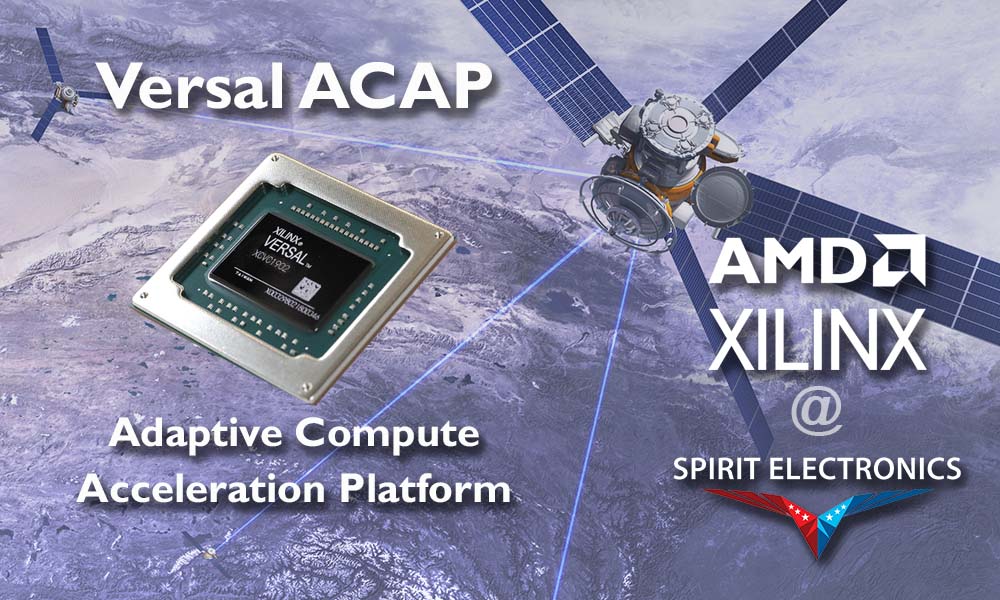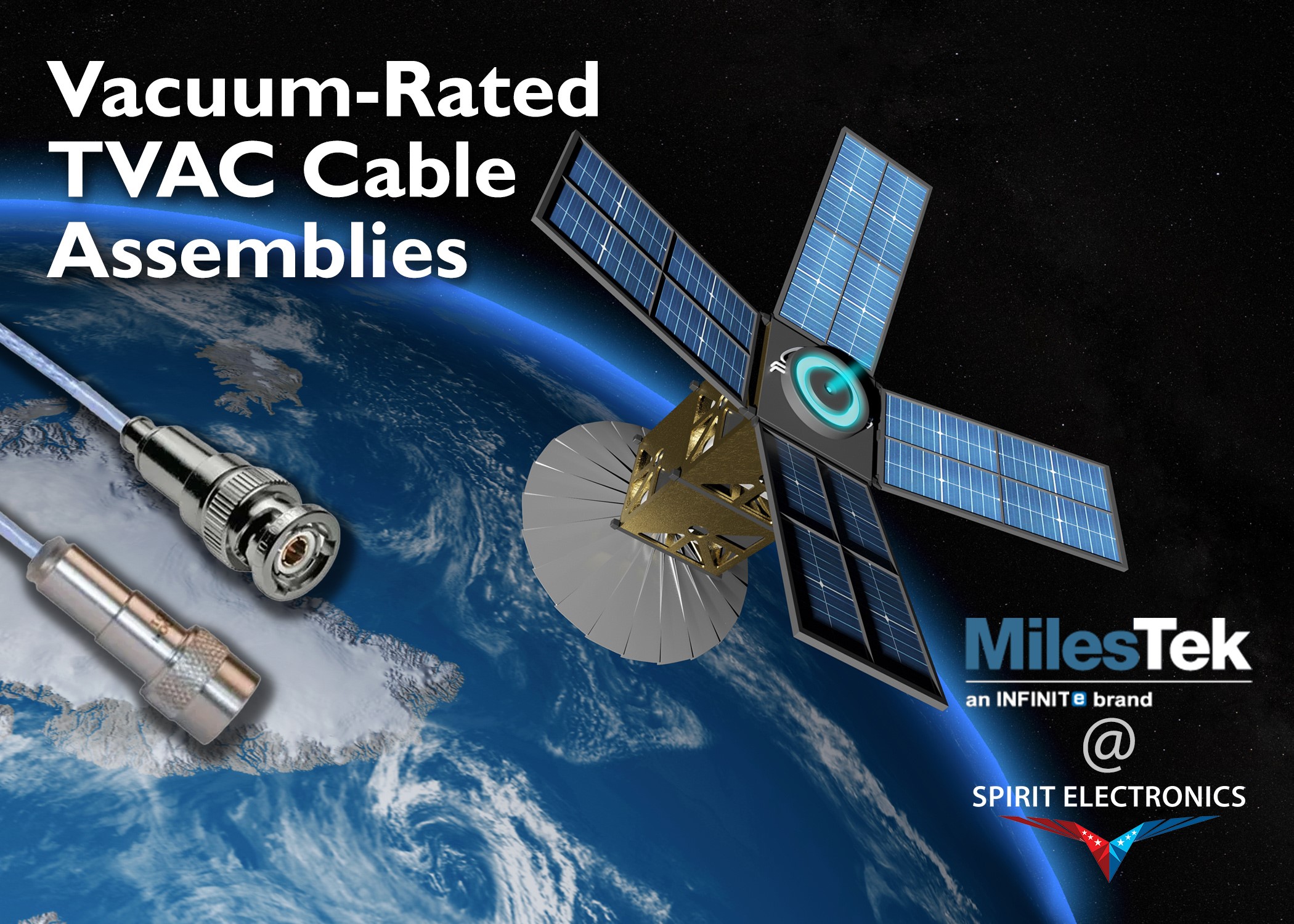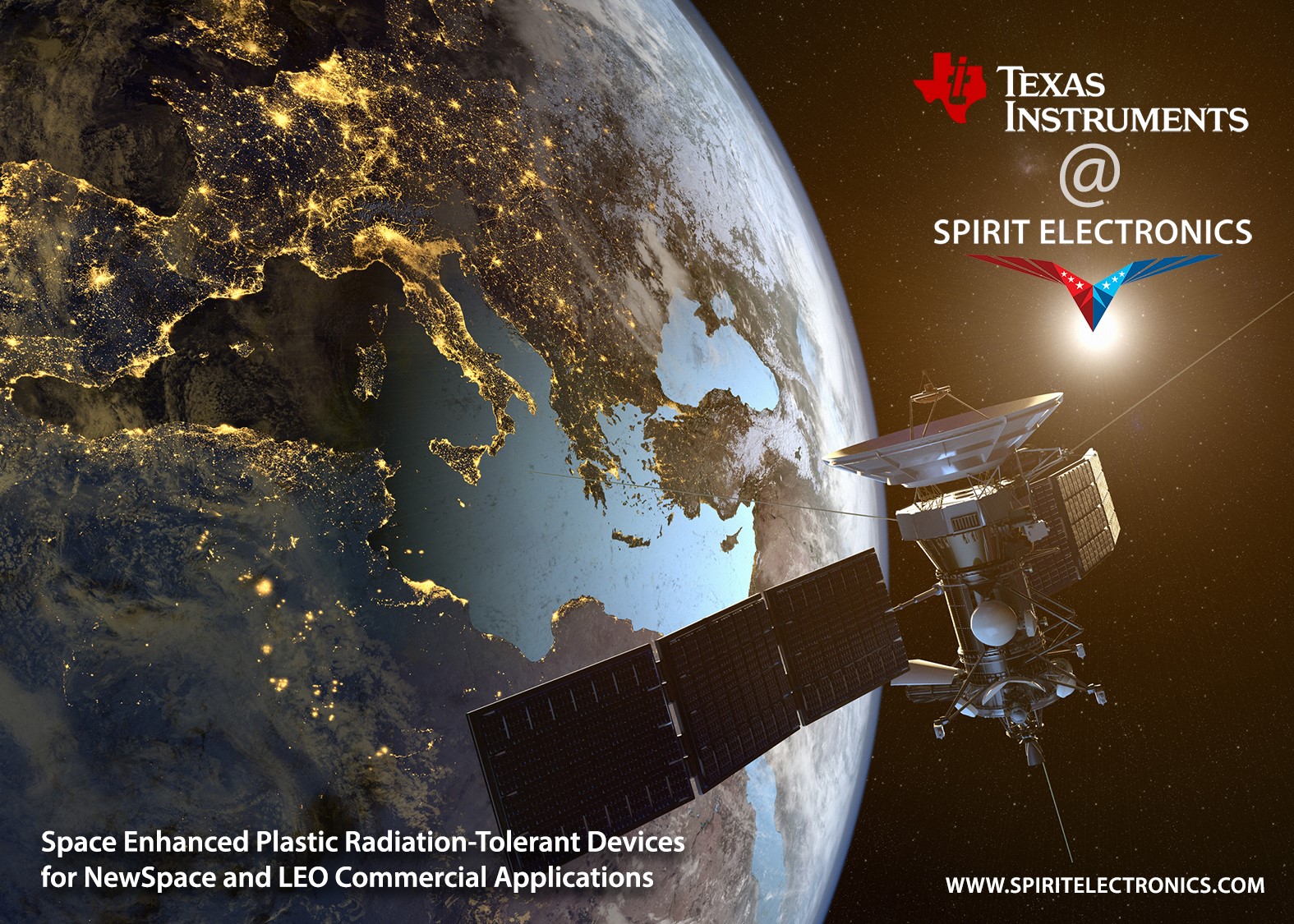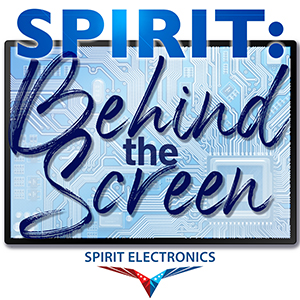AMD Xilinx rolled out the first Adaptive Compute Acceleration Platform (ACAP) device in 2021. The high-reliability XQR and XQ Versal devices released in 2022 are qualified and ruggedized for military and aerospace applications, onboard computing and data processing is accelerating just when commercial space, low-Earth orbit missions, and New Space are booming.
With the speed of advancement in the A&D industry, adoption can be a challenge. Design, qualification and supporting technology can be important factors in taking advantage of a device with capabilities as intensive as the Versal.
What Can ACAP Do in A&D?
The Versal ACAP offers programmable logic capabilities beyond the FPGA. Where the FPGA required more hardware programming, the Versal platform allows for more advanced reconfiguration by incorporating artificial intelligence and machine learning. This increases computing power and flexibility while in orbit or in ops, allowing computing to adapt to mission needs.
Applications for satellite and commercial space missions include cloud and internet connectivity, high-speed networking, and greater data processing and control for radar, GPS and instrumentation. In-flight programming opens a wide range of possibilities for reconfiguration across the life of the mission.
Applied on ground and air defense operations, the Versal is optimized for sensor systems, networking, wireless data processing, and radar applications. Adaptable AI features allow reprogramming to adjust to new and evolving algorithms.
Versal Qualification for Defense
The XQ Versal uses ruggedized packaging options to protect device operations in harsh and high-reliability operations. AMD Xilinx has over 30 years of heritage in military and defense support, and the new XQ Versal includes design considerations unique to the industry.
The defense-grade Versal comes with MIL-STD-883 Group D qualification testing, with extended temperature range from –55°C to +125°C. Packaging meets MIL-PRF-38535 requirements for tin-lead (3% Pb) to protect solder from whiskering.
The XQ Versal package design also considers ease of assembly where military and defense applications often require conformal coating to protect the assembled board. The open-lid package is unique to the XQ Versal to simplify board assembly and prevent manufacturing chemicals from being trapped in the device before sealing.
AMD Xilinx includes anti-counterfeit laser marking, micro watermarking and 2D bar coding to advance supply chain security for Versal devices.
Versal Qualification for Space and New Space
The XQR Versal is radiation tolerant, ideal for low-Earth orbit environments common among satellite and commercial space programs. It is capable of supporting 5- to 7-year missions, allowing in-orbit reconfiguration and programming throughout the mission life. The XQR Versal is radiation tolerant to MIL-STD-883 Class B.
Ecosystem of Products to Support the Versal ACAP
The new ACAP approach to in-flight computing requires power, memory and an ecosystem of advanced components supporting the Versal. Spirit Electronics brings the best technical support in the business from our advanced OCMs to make sure your board design can support the Versal.
-
- The Versal ACAP comes with a hardened integrated DDR Memory Controller (DDRMC) and includes programmable network on chip (NOC) for advanced interconnectivity. Performing inside the board ecosystem, any additional memory supporting the Versal must be DDR4 or more advanced memory. Spirit offers space-qualified DDR4 memory capable of supporting the Versal.
-
- Texas Instruments power management ICs support the Versal’s higher-current processor loads. TI’s flight heritage also offers power management with rad-hard and rad-tolerant qualifications for components ready to fly space and harsh-environment missions.
The ACAP Moves A&D Forward
Building on the FPGA’s programmable logic and customizable applications, the Versal ACAP brings computing into the next evolution of AI and machine learning integration for faster, connected processing. As the volume of data in New Space and defense applications grows, the ACAP offers advanced processing to manage, communicate and adapt to demanding missions. With in-ops advanced reprogramming capabilities, the Versal ACAP extends mission life and success for aerospace and defense applications.
Improving Computing with Advanced Device Architecture
The 7nm Versal ACAP is fully programmable heterogeneous computing using Scalar, Adaptable, and Intelligent Engines that improve on previous AMD Xilinx FPGA and SoC devices for the highest- and fastest-performing programmable logic.





